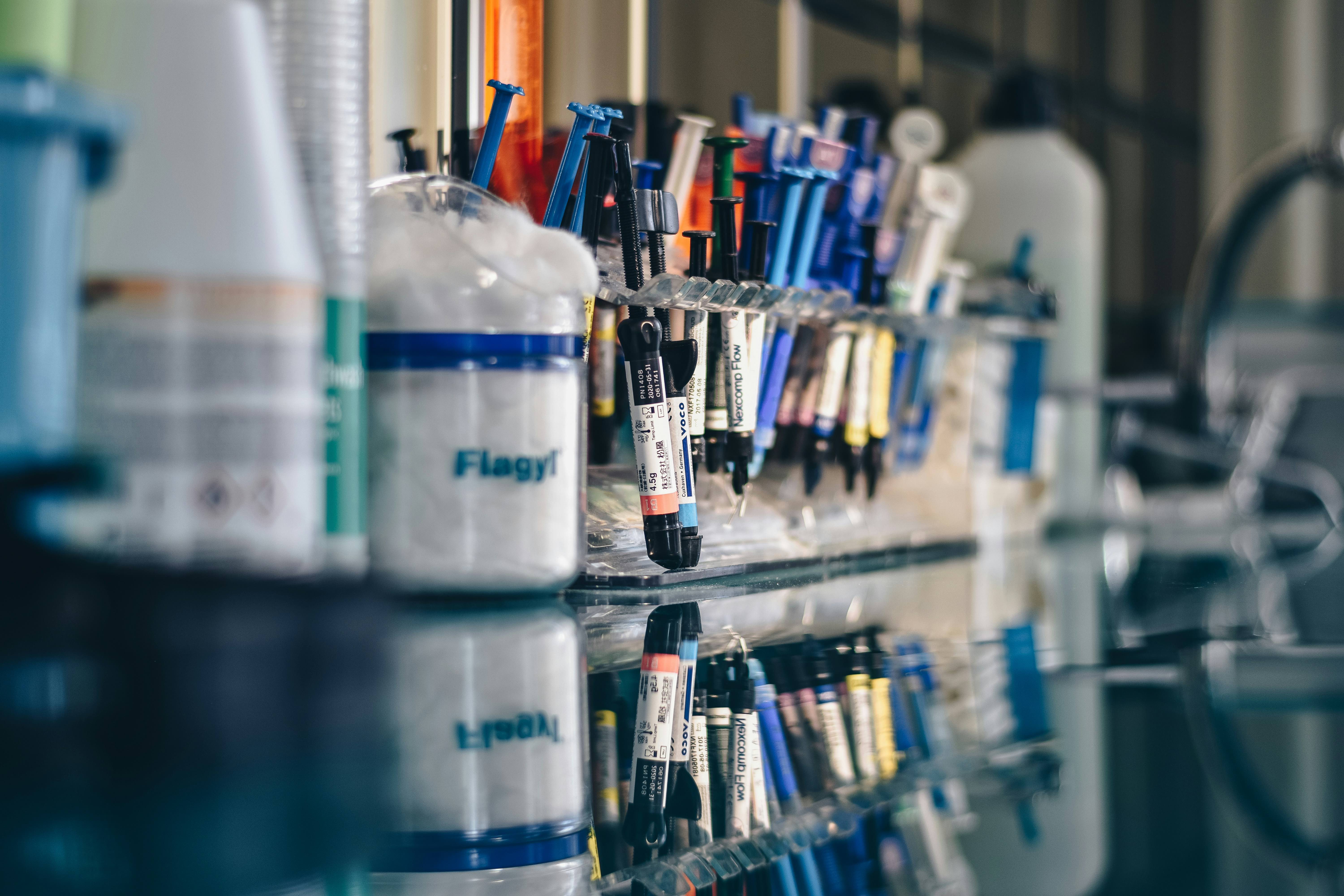
10 tips on how to write a resume for Biologists
With a recently obtained degree, starting a career in biology may be both exciting and intimidating, especially if you have no experience in job hunting. A strong resume will give you access to the main tool that can get you into the world of real jobs for biology majors with no experience. And what biology specialists who want to progress with their career in the field? With its abundance of biology resume samples and our resume recommendations, you can create a biologist resume that showcases your academic achievements and speaks to the needs of the business, no matter your level of experience.
How to Write a Biologist Resume?
Biology's expansive field offers many specialized roles, each demanding a unique set of skills and experiences. For instance, if you're targeting a career in environmental consultancy, your resume should emphasize skills in fieldwork, ecological data analysis, and perhaps experience with geographic information systems (GIS). Highlight any internships or projects involving biodiversity assessments or environmental impact studies.
But if your goal is to become a pharmaceutical researcher, concentrate on developing laboratory skills such as knowledge of chromatography systems, molecular biology procedures, and medication effectiveness testing experience. When the position is mostly about communication, you should highlight your capacity to make difficult ideas simple. Add to your resume for biology major activities such as organizing scientific clubs for students, writing papers for school publications, and giving presentations at conferences.
Whenever possible, include real-world examples of how you've applied your biological knowledge. Did you contribute to a research project, or did you intern at a laboratory? Real-life experiences can significantly enhance the quality of your biology resumes.
This type of resume makeover makes your application stand out far more by aligning your qualifications, skills, and previous experiences with the specific needs of the job you're applying for.
The Power of Keywords
Biologists writing resumes need to know how to adjust the content for an applicant tracking system (ATS) effectively. ATS filters give priority to particular job description keywords. Including these keywords, such as technical skills (e.g., PCR, Western blotting, GIS mapping) and soft skills (e.g., team collaboration, project management), contextually within your experiences is a big plus. For example, instead of listing "PCR" as a skill, detail its application in a project. Employers will see that you have the needed qualifications and experiences on your resume; besides, this intentional inclusion helps your resume get past ATS.
Showcasing Your Skills
If you have minimal professional experience, your academic and laboratory experiences are important for building a biology career. Emphasize your competence with lab methods like PCR and gel electrophoresis, as well as any experience you have with fieldwork or research initiatives like ecological surveys. Stress your proficiency with data analysis using R or Python, as well as pertinent education in areas like molecular biology or genetics.
While technical proficiency is crucial, soft skills like teamwork, leadership, presentation, and communication are equally valued in a biologist's role. Illustrate these skills with examples from group projects, presentations, or even extracurricular activities. Include soft talents you've acquired during your courses as well. These exhibit your proficiency in the field as well as your ability to adjust to the demands of a professional biology setting.
Presentation Matters
The chronological biologist resume example format might not serve everyone, especially if your experience isn't directly in biology. A functional resume format, focusing on skills rather than job history, might be more beneficial. This approach allows you to highlight relevant skills acquired from various life experiences, whether from internships, part-time jobs, or volunteer work.
When it comes to resumes, traditional formatting reigns supreme. Stick to classic fonts and avoid elaborate designs. A biologist resume example that's easy to read and navigate increases your chances of making a positive impression.
Biology is a field where precision is important. Your resume must reflect this quality. Any spelling or grammatical mistake can be a red flag for employers. Thoroughly proofread your document, or better yet, get it reviewed by peers or mentors.
Details Matter, too!
Showing even more details pertaining to your professionalism can be done by demonstrating your dedication to lifelong learning through conferences, workshops, or further qualifications. This speaks to your commitment to the industry as well as your initiative in keeping up with changes.
Moreover, adding personal interests or hobbies can provide a glimpse into your great personality and potential cultural fit. Are you an avid bird watcher or a volunteer at a local nature reserve? These details can make your entry level jobs for biology majors resume more memorable.
A biology resume must combine strategically written content with careful presentation. You will be well on your way to creating a document that accurately represents your professional identity and aspirations in the field of biology by incorporating our recommendations and making use of industry-specific keywords. Your biology resume examples are your initial point of contact with employers, so create a good impression!